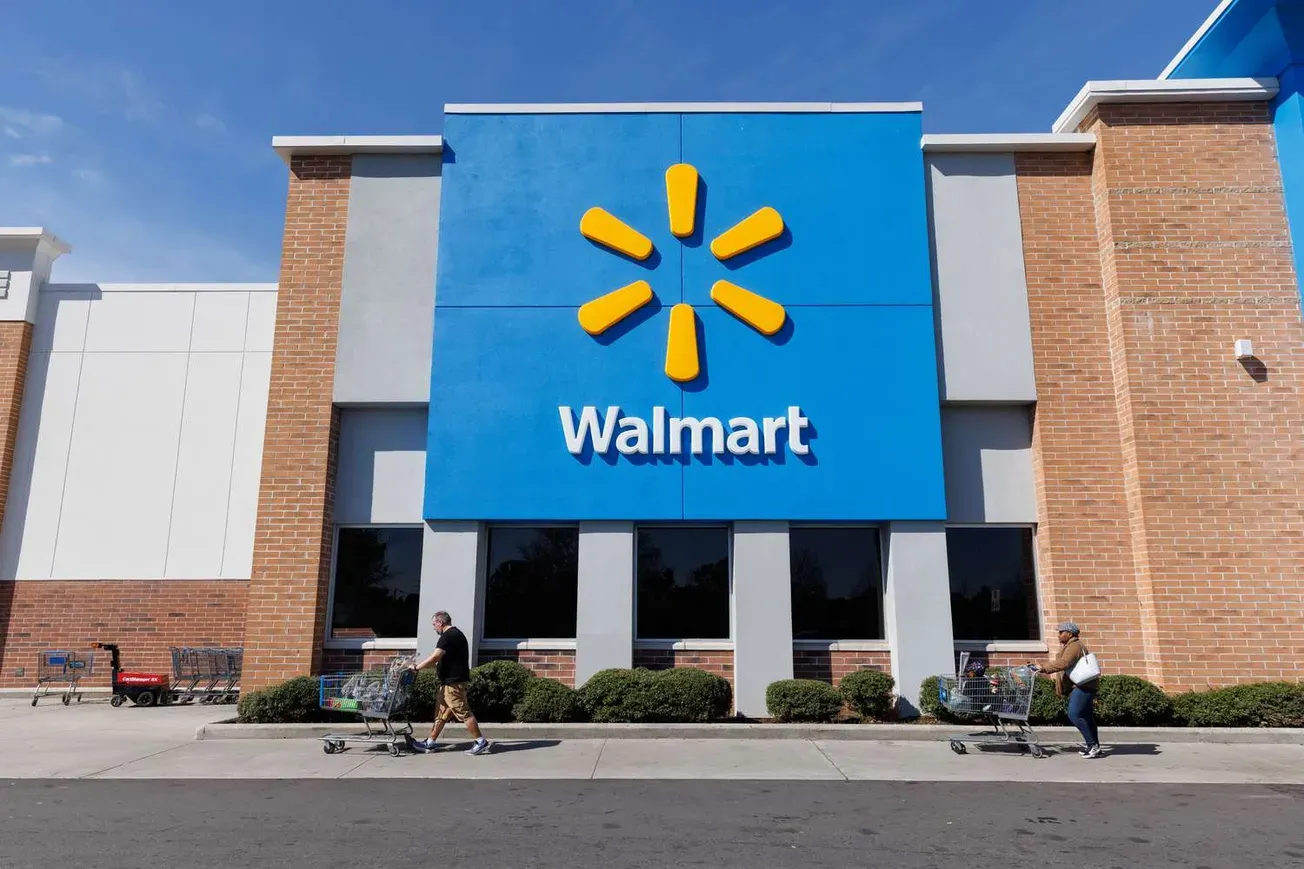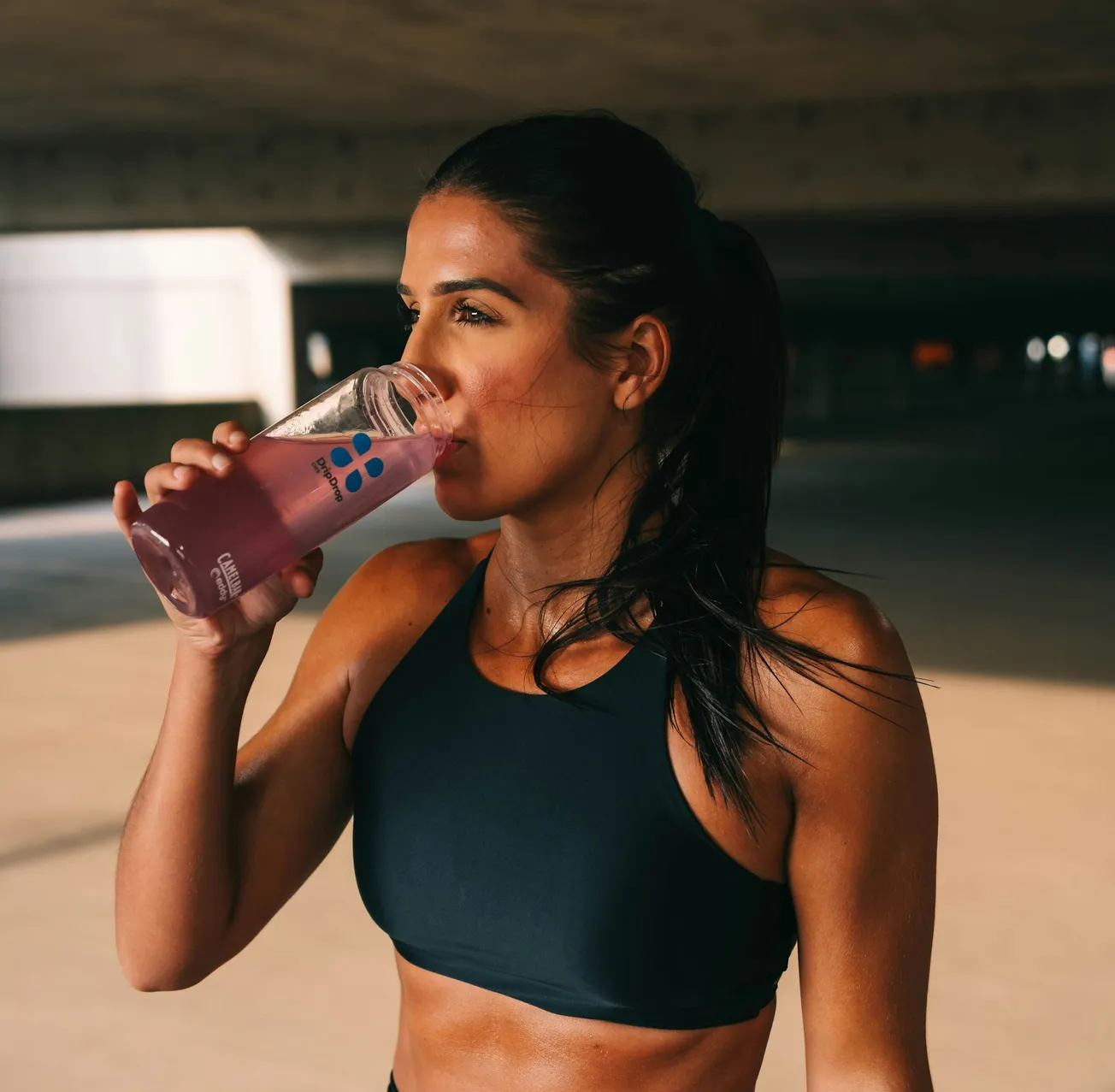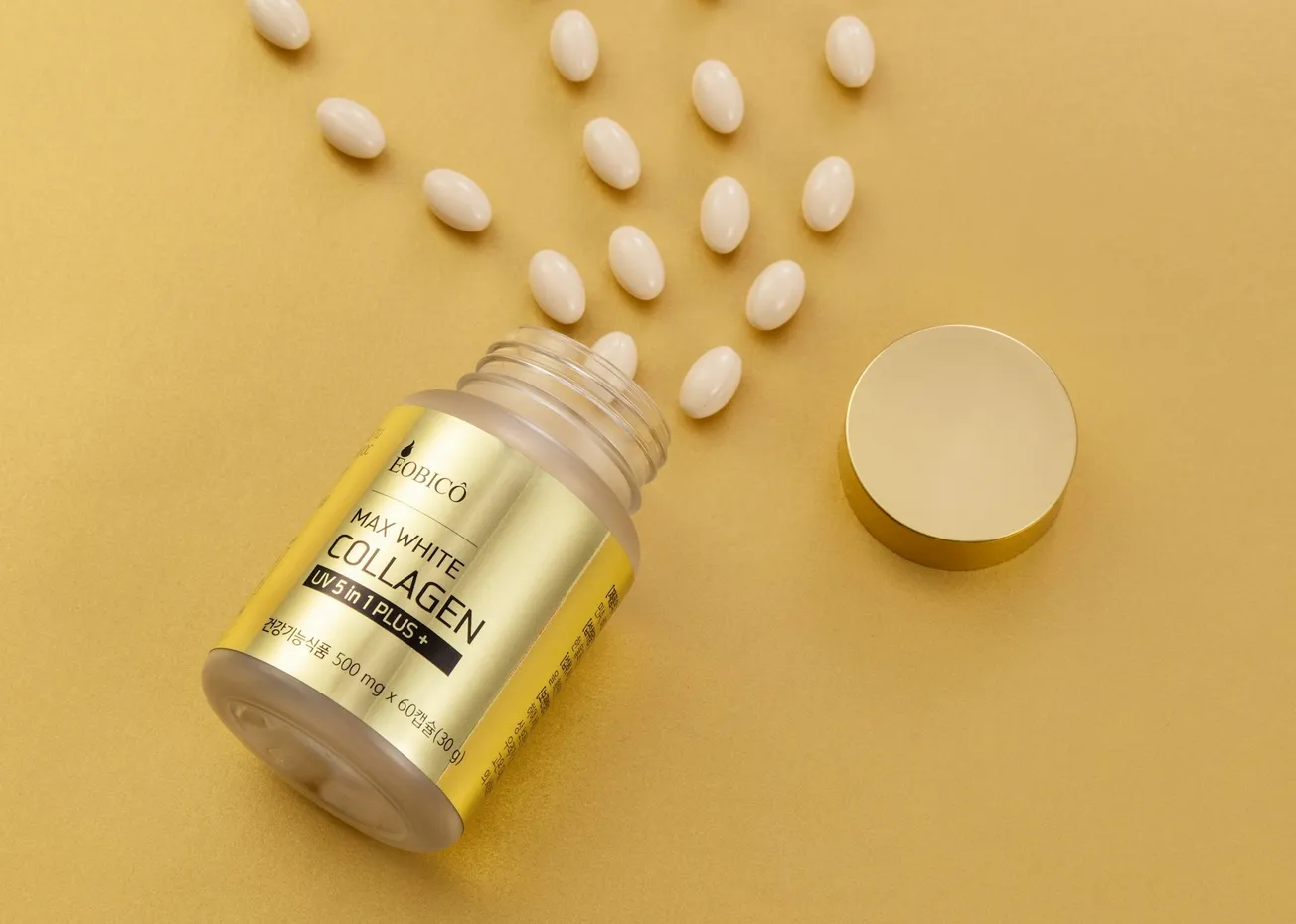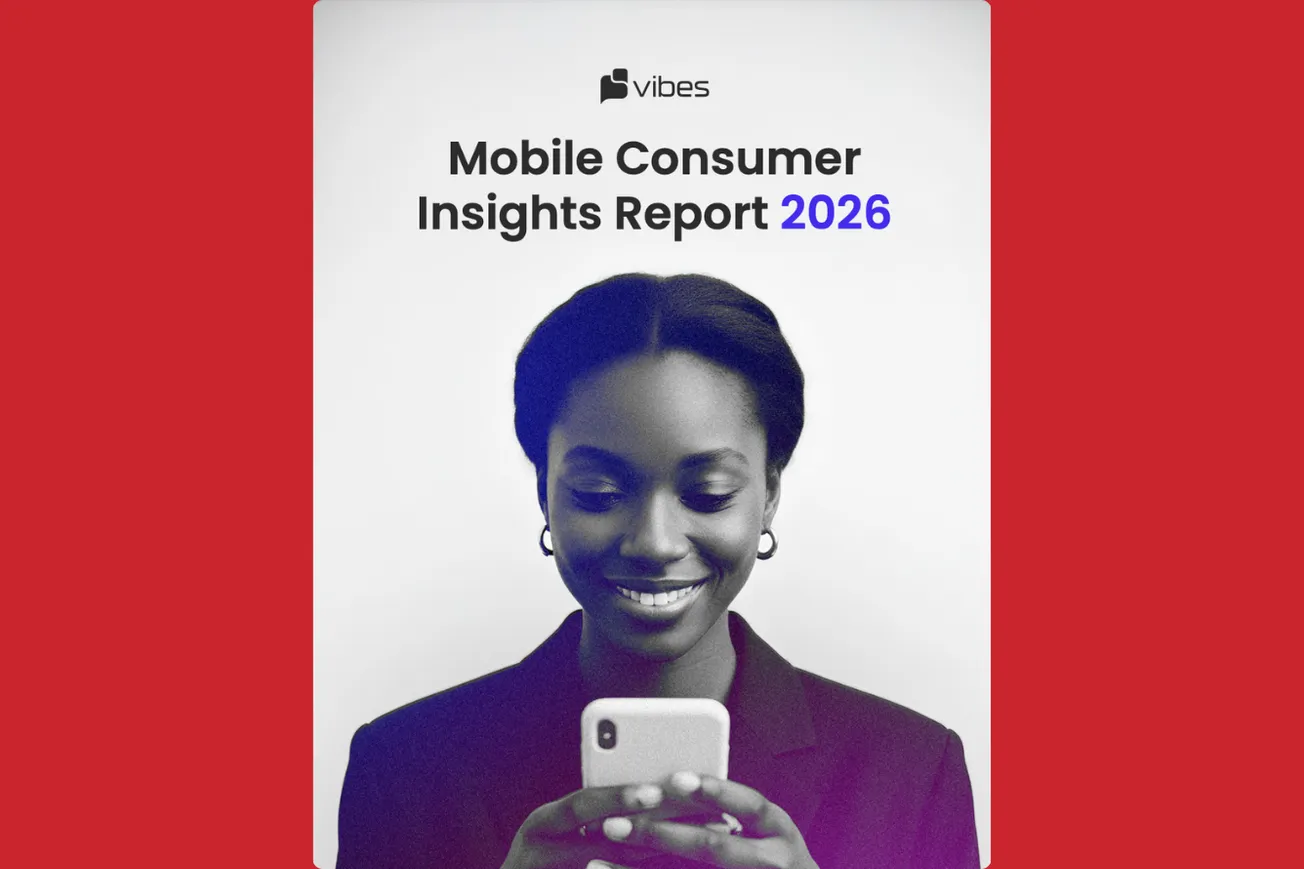
O-T-C medicines play central role in how Americans manage health, new study reveals
National survey of 21,000 sdults captures seven-day snapshot of medication use; OTC and prescription medicines used in tandem to address distinct health needs.

National survey of 21,000 sdults captures seven-day snapshot of medication use; OTC and prescription medicines used in tandem to address distinct health needs.

Walmart’s penetration rose six percentage points year over year, marking the largest gain among all retailers tracked in the quarterly study.

In the U.S., growth is driven by mainstream retail and pharmacy channels, as sports nutrition products expand beyond specialty stores.

The U.S. leads global retail pharmacy growth, driven by aging populations, increasing chronic diseases, and rapid digital pharmacy adoption.

For pharmacy operators and healthcare stakeholders, the findings emphasize the need to maintain access to screening, timely referrals, and ongoing care during public health emergencies, especially for high-risk and newly diagnosed patients.

The report highlights online and direct-to-consumer channels as the fastest-growing sales segment, driven by subscription models, broader product range, and increased digital health engagement.

The rising demand for clean-label, plant-based, personalized sports nutrition products is transforming the U.S. market.

The United States remains the largest market, driven by high consumer spending and rapid adoption of nutricosmetics in retail channels.

These generational differences affect both product assortment and channel strategy.

“These findings directly contradict the narrative that drug manufacturers are price gouging,” said Dr. Wayne Winegarden, director of PRI’s Center for Medical Economics and Innovation.

New Harris Poll survey reveals patients face prescription-filling challenges, trust providers for cost information, and want digital tools for transparency.

the pharmaceutical industry has seen mid-single-digit growth recently, expected to continue through 2030.

LifeBridge executives say the issue is worsening as climate change lengthens pollen seasons.

“Consumers continue to spend what they can, but price elevation is curtailing purchases,” said Marshal Cohen, chief retail industry advisor for Circana.

Richer messaging formats and mobile wallets are reshaping how consumers redeem offers and interact with brands, according to Vibes.

Experts identify increasing demand in medical nutrition therapy, healthy aging, and weight management as key factors driving growth.